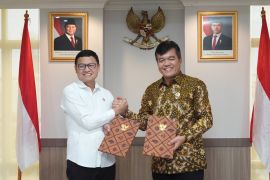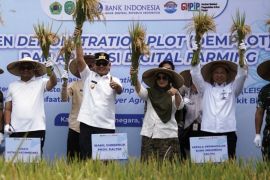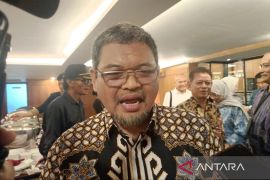"There will be an additional amount of SAL because state revenues are expected to reach 100 percent of their target while state expenditures have reached only about 95 percent of their target so that there will be a balance of between Rp20 trillion and Rp30 trillion," the director general said here on Monday.
Speaking at a seminar on "Linking Performance Evaluation to Budgeting," the director general said that the estimate was based on the budget deficit projection of about 1.6 - 1.7 percent of gross domestic product (GDP).
He said that with the projection, the state expenditures could reach 95 percent but the central government expenditures might only reach 90 percent.
Agus said the amount SAL at present was about Rp97 trillion but it was likely to increase at the end of the year, particularly if the realization of expenditures --which were not equal to state revenues received by the state treasury-- was taken into account.
He said that the SAL could be used to anticipate fiscal risks, sudden reversal (of capital inflow) and for emergency situation if crisis hit Indonesia.
"If the crisis happens, the people who are still under the poverty line would be hard affected and therefore, we need to anticipate it, one of the possible ways is to use the unspent budget (SAl)," the director general said.
On the occasion, the World Bank`s Vice President for Poverty Eradication and Economic Management, Otaviano Canuto said that developing countries had always faced the same expenditure problem, namely the accumulation of expenditure funds at the end of the year.
"This also happens with Indonesia, but Indonesia is one step ahead because its government had good commitment to improving its budget management quality," Canuto said.
Canuto said that with an economic growth rate of over 6 percent, financial discipline and good fiscal performance become more important.
(Uu.A014/HAJM/S012)
Editor: Priyambodo RH
Copyright © ANTARA 2011











